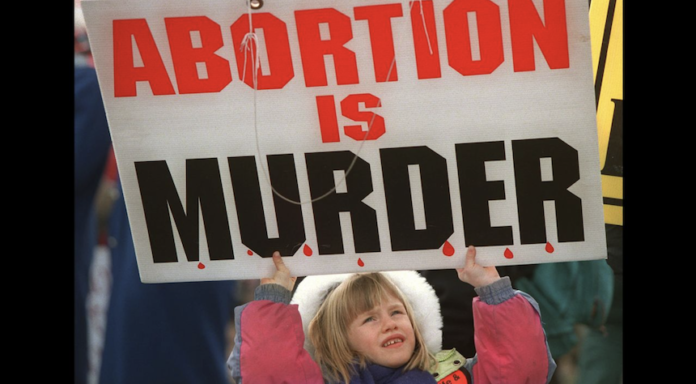The left has always used storytelling to connect with people and convince them to join their cause. Although they are still very effective at using this technique, the stories that they tell have become increasingly bizarre and less appealing to regular Americans. Americans are searching for sanity and goodness, and they’re looking everywhere. It is a wonderful opportunity for us to share our personal stories with friends, neighbors, and even strangers when we discuss the difficult issues facing our country. This will help bring more conservatives into the fold.
A few weeks back, I was honored to moderate a panel titled How to Be Pro-Life, Faith, and America at Turning Point USA’s Young Women’s Leadership Summit. It took place in Dallas, Texas. Megan Basham (of Daily Wire), and I shared stories from our families about unintended pregnancies and how they affected woman and their families over the generations.
The panel was joined by Lila Rose, creator of Live Action Network, and Jenna Ellis, attorney and host of Salem Podcast Network.
A few weeks before the leak of the draft opinion in Dobbs’ case, I had briefly shared my story on Twitter.
No one on the “pro choice” side wants to talk abt the emotional harm abortion causes. I’ll never forget the day I walked in from work (I was 19) to find my mom crying uncontrollably. She told me she’d had an abortion months earlier and that day was my little bro or sis’s due date
— Jennifer Van Laar (@jenvanlaar) May 4, 2022
I cannot fathom the pain your mother felt, but I also imagine that somewhere a struggling woman read this tweet and made the right decision. Probably a lot more than one.
— Stephen Smoot (@S_A_Smoot) May 4, 2022
It was interesting that I didn’t mention anything in my two-tweet thread about wanting to criminalize abortion, but many people in the pro-abort community pounced and accused me of wanting to see women die in back alleys with coat hangers between their legs. I believe that the crowd reacts viscerally to heartfelt pro-life stories because it’s not natural to allow a woman to kill her own child. A little, unique individual who is literally part of them. To maintain acceptance and acceptance, they have to destroy the humanity within them.
It was both heartbreaking as well as eye-opening to see the comments of women and men who have been “Twitter friends”, sharing their experiences with the same pain, depression, and shame and refusing to forgive themselves. Some had horrendous stories about being coerced or manipulated by their partners or doctors into having an abortion against the wishes of their partner. Although it was difficult, they shared that listening to my family’s story helped them feel less alone and helped them find some healing and peace. They agreed that the abortion industry minimizes or denies the negative effects on mental health than abortion has on women, and they had difficulty finding the right counseling to help them get forward.
Megan and my stories were shared with the ladies after we had introduced ourselves. We also discussed how stories such as ours can be used to send a message to women who have experienced abortions and give them the tools and resources they need to make the right choice.




